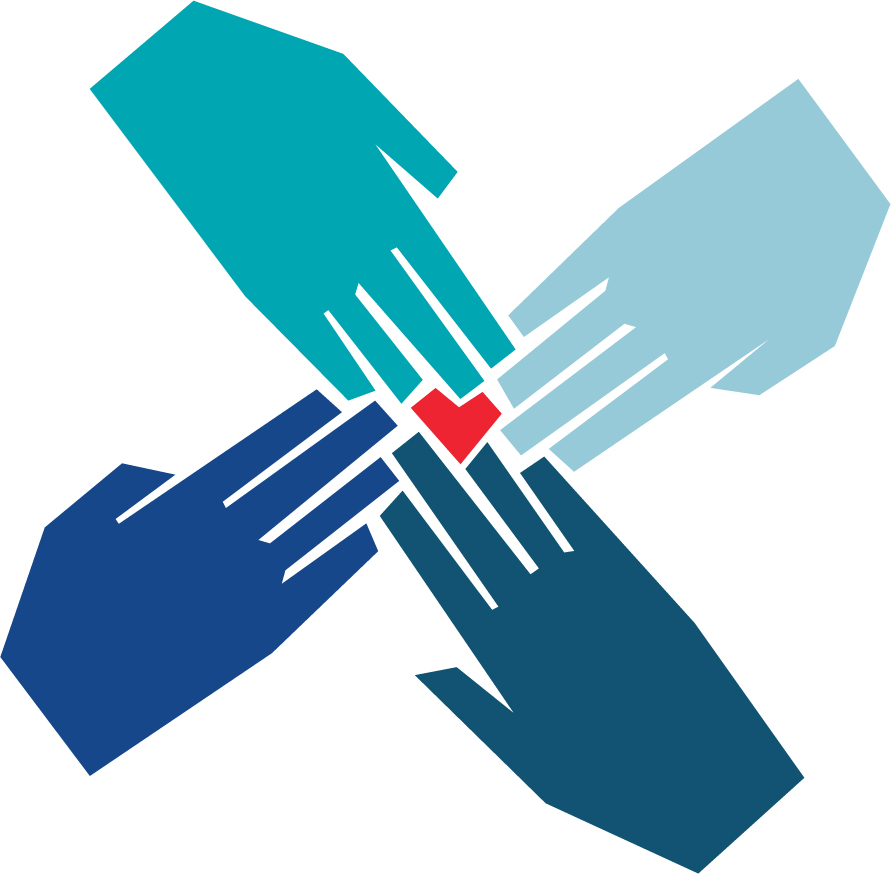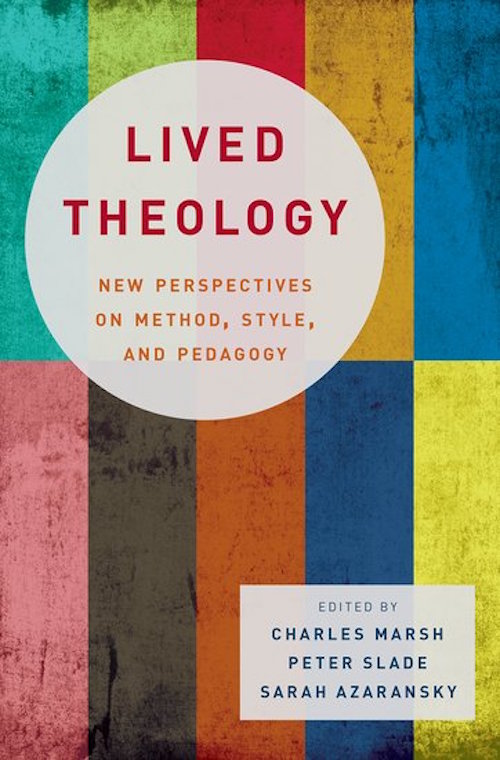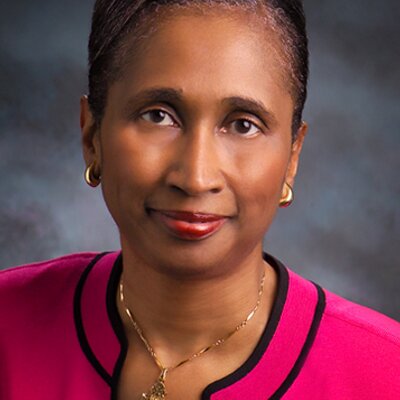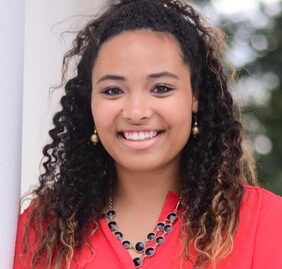by Rachel Olson, 2021 Undergraduate Summer Research Fellow in Lived Theology
I have thoroughly enjoyed my experience as a fellow at the Project on Lived Theology. Throughout my time, I had the opportunity to create a comprehensive addition to the Project on Lived Theology’s website, composed of all topics relating to religion and the Civil Rights Movement in Virginia. I was able to gather a plethora of information on the subject, then present that information in a manner which could be easily understood by those in academia.
Under the leadership of my mentor, Isaac Barnes May, I was able to navigate historical and religious research. Isaac was a phenomenal mentor, whose expertise guided me to connect fragments of information into a whole work. At the beginning of my project, I obtained numerous primary sources detailing events and figures of the Civil Rights era in Virginia. Soon after, Isaac advised me to make timelines and categories of events, which led me to investigate further. At the end of my fellowship, I was able to conduct my first interview in the form of a podcast and write extended articles on major topics.
From taking these steps, I gained an in-depth view of the Civil Rights Movement in Virginia, of which I will highlight a few. First, I learned about Harry Byrd, former Virginia senator, whose segregationist ideas bled into society. I also learned about the lengthy public school shutdown in Prince Edward County, which was an exceptionally harsh stance of white massive resistance. It is because of heroes such as Dr. Milton Reid, Dr. Martin Luther King, Jr., Roy Wilkins, and the Reverend Curtis Harris, who all were champions for the rights of African Americans, that progress could be made. I also read about the civil rights demonstrations in Danville and “Bloody Monday,” a historic time when African Americans unified in opposition to segregation in their community. Finally, I realized religion and civil rights go hand in hand. They both deal with issues of the heart, and religion became the driving force of the Civil Rights Movement.
My experience not only expanded my knowledge, but it also aided my personal and professional development. I gained a key takeaway that it is important to think critically about one’s opinions and views. We must ask ourselves why we hold these views, how our environment and personal biases have impacted our opinions, and what effect these views have on others. I believe if we answer these questions so that they have a positive impact, then we can continue to make strides towards a society of justice, peace, and love. In the future, I aim to become a physician. I will utilize my expanded knowledge of civil rights and religion to treat every interaction with sensitive care and respect, knowing that the way things are can always change for the better and that individuals can be shaped in unique ways.
Read Rachel’s first and second blog posts here and here.
Learn more about the 2021 Undergraduate Summer Research Fellowship in Lived Theology here.
The Project on Lived Theology at the University of Virginia is a research initiative, whose mission is to study the social consequences of theological ideas for the sake of a more just and compassionate world.




